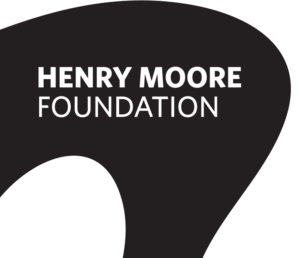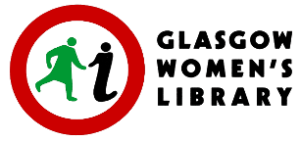Ruth Gilbert, ‘Life Support: Forms of Care in Art and Activism: Glasgow Women’s Library,’ Nothing Personal, Issue 2, 2022, pp. 70-1.
‘Life Support … places a curatorial emphasis on hope as a vital element of both the historical record and of building collective power.’
Gabrielle Macbeth, Volunteer Coordinator at Glasgow Women’s Library, ‘Radical Archive: 30 Years of Glasgow Women’s Library,’ Interview by Anahit Behrooz, The Skinny, 8 November 2021
‘As part of our 30th anniversary year we’ve been taking time to reflect and we’re seeing that anti-racist, LGBTQ+ and green work have always been featured in our practice. So I don’t know if our goals have changed massively really, it’s still about giving a voice to women [inclusive of trans, intersex and nonbinary people] who don’t have a voice or whose stories have been erased. Although the term intersectional feminism hadn’t been coined 30 years ago, that’s definitely been part of our thinking all along: involving working class women, women of colour, women with disabilities, migrant women.’
James Bell, ‘Art Work,’ MAP Magazine, October 2021
‘Life Support made me think specifically about the role of art within social justice movements. It mapped a loose constellation of relations between feminist pasts and present, the archive and the body, life and work, and the politics of home (or homelessness). In its 30th year GWL continues being a space of lifelong learning and is a place where art is put to work in all socially reproductive senses.’
Tom Jeffreys, ‘Life Support: Forms of Care in Art and Activism,’ Artforum International, September 2021
‘Commemorating the thirtieth anniversary of Glasgow Women’s Library, Life Support: Forms of Care in Art and Activism combines new commissions, existing works, and extensive archival materials that open alternative possibilities for community, care, and resistance.’
Gemma Batchelor, ‘Life Support,’ Fleming Collection, 23 September 2021
‘Life Support was realised during the current pandemic, a time when particular forms of care were in great need, in a way that was previously unnoticed by many. Work by artists Kate Davis, Greer Lankton, Shona Macnaughton, Olivia Plender, Franki Raffles, Martha Rosler, Veronica Ryan and Alberta Whittle critique various social, political and personal systems that are created to support us, through an intersectional feminist framework.’
Burlington Contemporary, ‘Pick of the Week: Life Support,’ September 2021
‘This group exhibition at Glasgow Women’s Library focuses on feminist, LGBTQ+ and anti-racist responses to existing systems. Featuring activist perspectives alongside works by artists, Life Support also explores how archives can play a vital role as a form of care work for radical struggle. It is curated by Caroline Gausden, Kirsten Lloyd, Nat Raha and Burlington Contemporary contributor Catherine Spencer.’
Richard Mason, ‘Glasgow Women’s library celebrates 30 years as exhibition explores housing issues,’ The National, 20 September 2021
‘As Glasgow Women’s Library marks its 30th anniversary, an American exhibition on issues with housing from 1989 has been re-imagined for Scottish tenants. It is part of the Life Support: Forms of Care in Art and Activism show which is currently running until October 16 and dealing with themes such as health and housing inequality at the Glasgow East End library. American artist and theorist Martha Rosler worked with Scotland’s tenant’s union Living Rent to produce a new iteration of her exhibition project If You Lived Here… that was first presented at the Dia Art Foundation in New York in 1989. The project addresses housing problems, homelessness and the impact gentrification has on communities. The new iteration of If You Lived Here… that has been created for Life Support details the histories of housing in Scotland.’





